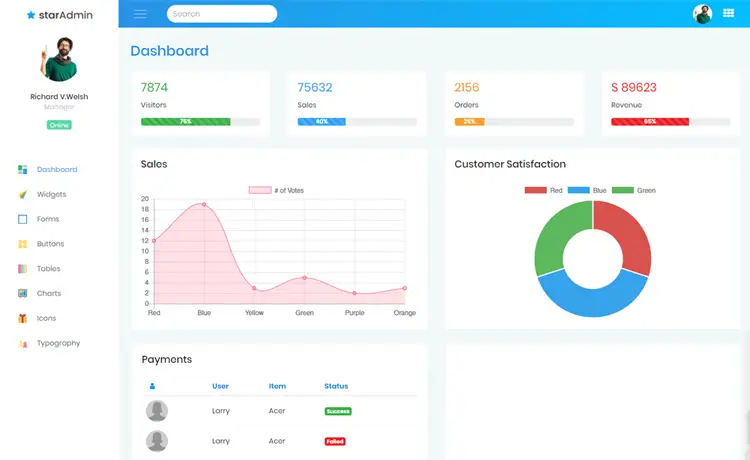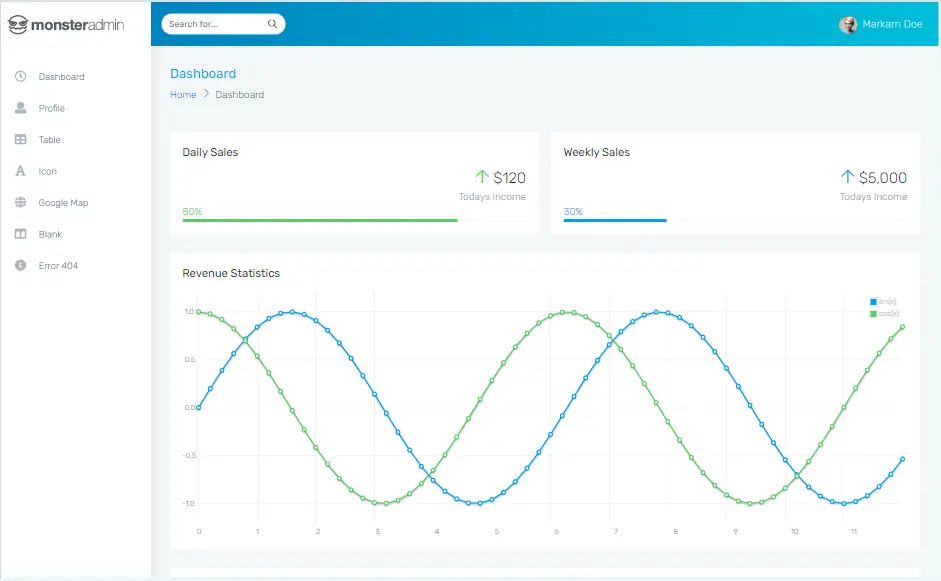SqlTypeException: 'Overflow error converting to data type int.'
By Tan Lee Published on Jan 21, 2025 357
You may encounter this error when trying to insert a number too large or too small for the SQL int data type.
For example:
using(SqlConnection con = new SqlConnection(ConfigurationManager.ConnectionStrings["SQLServer"].ConnectionString))
{
using(SqlCommand cmd = new SqlCommand(@"INSERT INTO Products (ProductName, QuantityInStock) VALUES (@ProductName, @QuantityInStock)", con))
{
cmd.Parameters.AddWithValue("@ProductName", "Large Quantity Example");
cmd.Parameters.AddWithValue("@QuantityInStock", 3000000000); // This value exceeds the SQL int range
con.Open();
cmd.ExecuteNonQuery();
}
}In this case, 3000000000 exceeds the maximum value for an int, leading to the SqlTypeException.
If you need to store values outside the range of the int type, you can use the bigint data type in SQL Server, which supports values between -9,223,372,036,854,775,808 and 9,223,372,036,854,775,807.
You should use System.Data.SqlTypes.SqlInt64 to ensure compatibility with the bigint type in SQL Server:
using (SqlConnection con = new SqlConnection(ConfigurationManager.ConnectionStrings["SQLServer"].ConnectionString))
{
using (SqlCommand cmd = new SqlCommand(@"INSERT INTO Products (ProductName, QuantityInStock) VALUES (@ProductName, @QuantityInStock)", con))
{
cmd.Parameters.AddWithValue("@ProductName", "Large Quantity Example");
cmd.Parameters.AddWithValue("@QuantityInStock", new System.Data.SqlTypes.SqlInt64(3000000000)); // Use SqlInt64 for large values
con.Open();
cmd.ExecuteNonQuery();
}
}Make sure your SQL table column is defined as bigint:
CREATE TABLE Products (
ProductId INT PRIMARY KEY,
ProductName VARCHAR(100),
QuantityInStock BIGINT
);By using SqlInt64, the value fits within the valid range for the SQL bigint data type, avoiding the overflow error.





